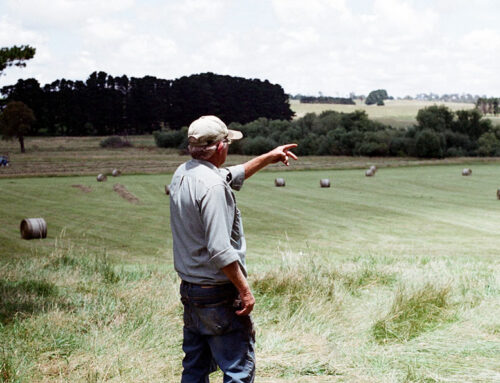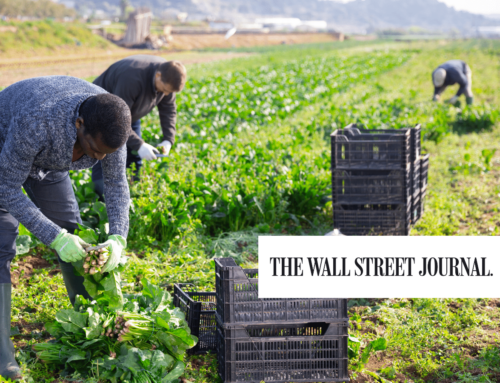The following is a statement from Joshua Sewell, Senior Policy Analyst at Taxpayers for Common Sense regarding the United States Department of Agriculture announcement it will direct $14 billion in additional income subsidies to farming and ranching businesses:
Nearly six months since Congress enacted the CARES Act, USDA has announced how it will distribute $14 billion in agricultural economic assistance the bill provided the Secretary of Agriculture to assist farming and ranching operations experiencing economic losses due to the coronavirus pandemic. In some respects Coronavirus Food Assistance Program (CFAP) 2 appears to be a moderate improvement in USDA’s implementing COVID-19 related assistance as Congress intended. This is especially true for many producers of so-called “specialty crops” (i.e. fruits and vegetables) that USDA summarily rejected from CFAP round 1 who will receive some assistance.
These moderate improvements, however, are far outweighed by the Secretary’s decision to repeatedly flout the will of Congress. For one the USDA’s payment formulas mostly ignore the significant price premiums and losses experienced by “producers that supply local food systems, including farmers markets, restaurants, and schools” the CARES Act explicitly calls on the USDA to assist. More concerning, for crops that USDA is comfortable subsidizing, payments in this program are capped at $250,000 per individual, twice the annual limit in farm bill authorized income support programs. Because the Secretary is treating CFAP2 and CFAP1 as separate programs, an individual can receive $500,000 in total pandemic assistance. In addition the Secretary takes no steps to curb the “active management” loophole, meaning certain farm operations will be able to evade these limits by adding dozens of “managers” who qualify for separate payment limits while never even stepping foot on the farm. A review of CFAP round one payments found nearly 2,300 operations received subsidies in excess of these limits. Finally, the Secretary has chosen to contravene statutory prohibitions on subsidizing tobacco production. He does this by directing up to $100 million in unspent “emergency” funds Congress provided in the CARES Act.
Before today’s announcement, USDA projected farming and ranching businesses would realize $102.7 billion in net farm income, a 22 percent increase compared to 2019 and a level above the 20-year average. This $14 billion in additional government subsidies should silence calls for any additional “emergency” agricultural assistance in a future CR or pandemic spending package. With government subsidies at record levels, prices for many commodities rallying, and general economic conditions improving, calls for tens of billions in additional farm subsidies are clearly less about need than about greed.











Get Social